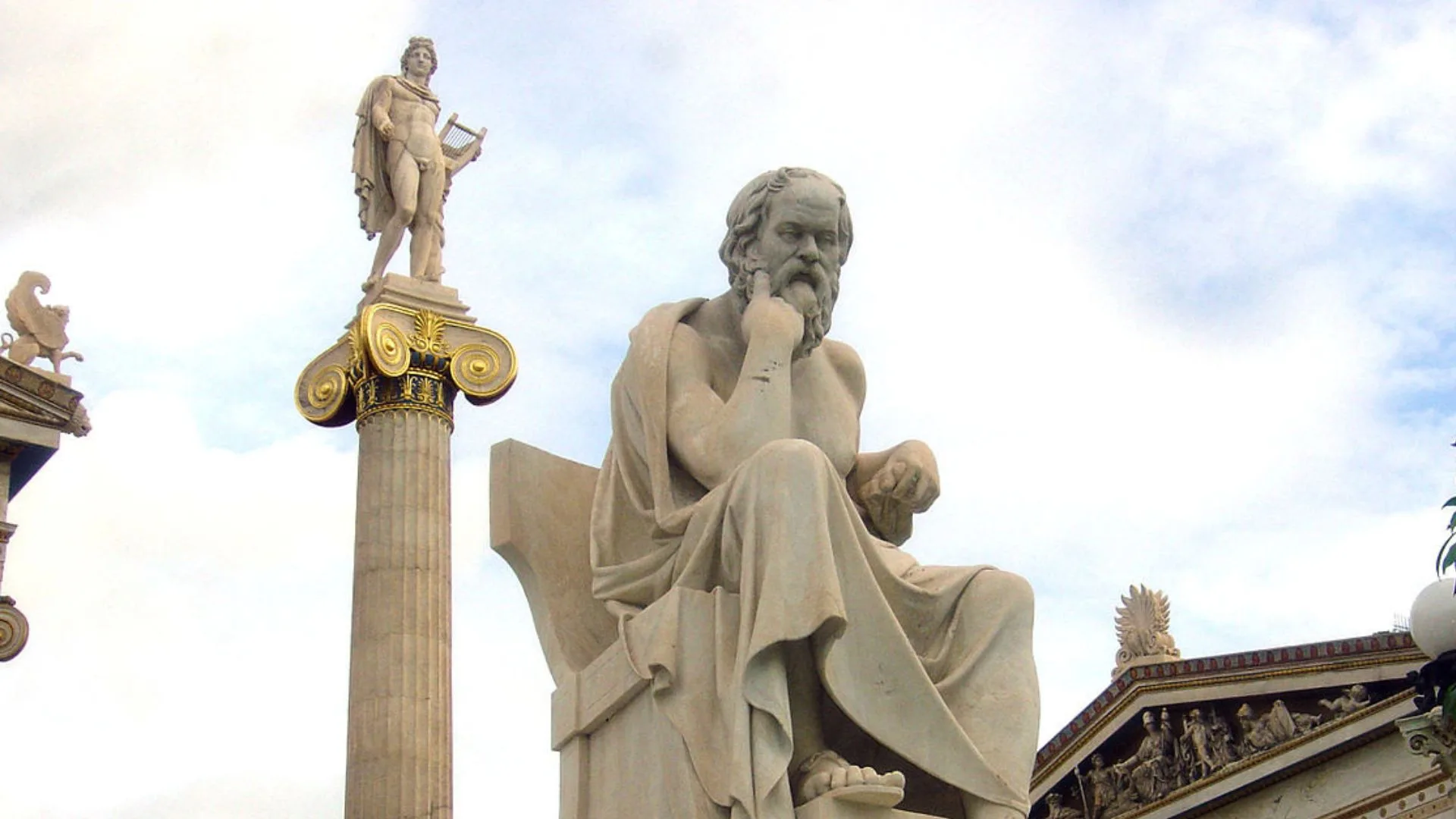Greek gestures and expressions are deeply tied to culture and communication. Understanding them can help avoid unintended offence while immersing in Greek life.
Crossing Oneself
Orthodox Greeks frequently cross themselves, particularly near religious sites, reflecting the nation’s deep-rooted spirituality. While common among older individuals, younger Greeks also practice this gesture.
Saying “No”
Greeks say “no” with an upward head tilt, often paired with a tongue click, resembling a tut. While it might seem like a nod, careful observation clarifies its meaning. If unsure, repeat your question for verbal confirmation.
Thank You Without Words
To express gratitude, Greeks place their right hand over their heart or lightly pat their chest. This gesture conveys warmth and is particularly useful in noisy or distant situations.
Nodding for “Yes”
Greeks nod downward to say “yes,” often closing their eyes slightly. This gesture is intuitive and sometimes repeated for emphasis.
Snapping Fingers to Recall
Finger snapping is a common habit when trying to remember something or prompt someone to continue speaking. While usually benign, it can appear impatient in certain contexts.
The traditional ‘Na’ gesture (the Greek middle finger)
The ‘Na’ gesture, an outstretched hand with fingers spread and palm facing outward, is highly insulting—akin to the middle finger in the US. It’s often seen during heated exchanges, especially on the road. Be cautious when waving to avoid confusion with this gesture.
